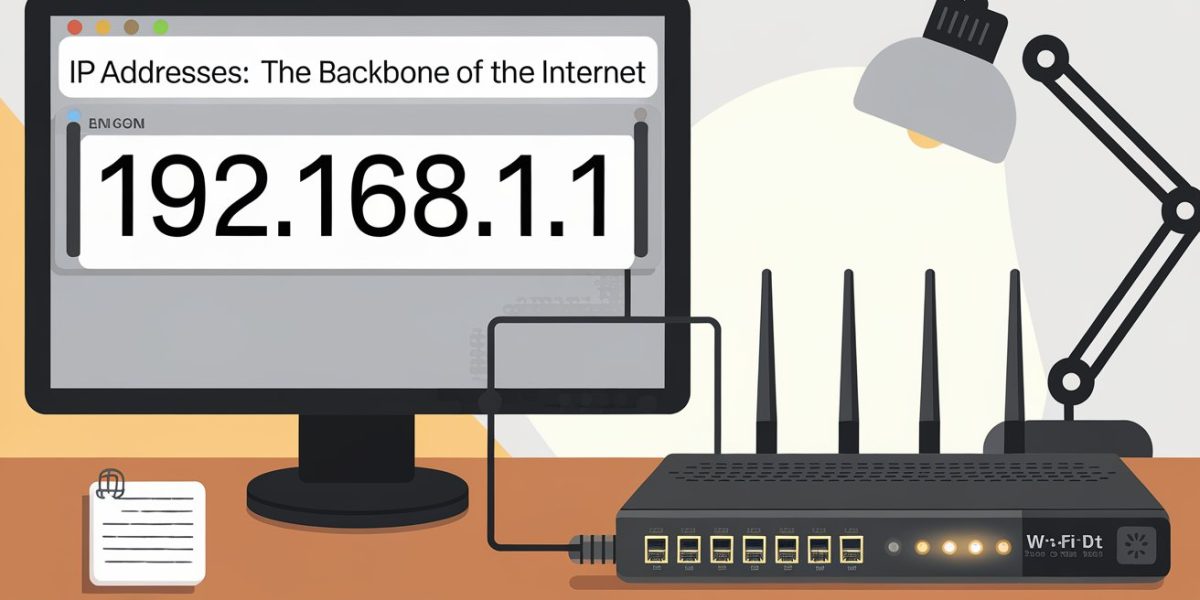The Pros and Cons of Buying vs. Leasing IPv4 Addresses
As IPv4 addresses continue to be a finite resource, businesses must consider whether to buy or lease these assets to support their operations. Both options have unique benefits and trade-offs, and understanding these factors can help companies make the best choice based on their specific needs, budget, and long-term plans. Here, we explore the advantages and disadvantages of each option to provide clarity on when to lease IPv4 address space versus when to buy IP address blocks.
The Advantages of Leasing IPv4 Addresses
- Lower Initial Cost
One of the primary advantages of leasing is the lower upfront cost. Leasing requires only periodic payments, which can be more manageable for small to mid-sized businesses. For companies looking to lease IPv4 addresses blocks to handle temporary traffic spikes or seasonal projects, leasing provides flexible access without a significant initial financial investment. - Adaptability
Leasing IPv4 addresses offers a level of flexibility that buying doesn’t always provide. For organizations that anticipate changes in their network needs, leasing can accommodate growth or downsizing with ease. Leasing contracts can typically be adjusted as needed, making it ideal for companies with evolving IP requirements. - Reduced Maintenance Responsibility
When you lease, the responsibility for the upkeep and management of IP resources often falls on the leasing provider. This is beneficial for companies without a dedicated IT team, as it reduces the internal resource demand for address management, allowing the business to focus more on its core operations.
The Drawbacks of Leasing IPv4 Addresses
- Recurring Costs
Leasing may have a lower initial cost, but the recurring payments can add up over time. For long-term use, leasing could end up being more expensive than purchasing. If a business needs IP addresses for an extended period, leasing fees could eventually exceed the one-time cost of buying. - Limited Control
When leasing, companies may have limited control over their IP resources. Leasing agreements can come with restrictions, and companies must adhere to the terms set by the provider. This can be a challenge for businesses that prefer full control over their IP address allocation and management.
The Advantages of Buying IPv4 Addresses
- Long-Term Cost Savings
While buying may require a substantial upfront cost, it can be more economical in the long run. Once a business buy IP address blocks, there are no recurring leasing fees, which allows companies to allocate those resources more freely in the future. For companies with consistent IP requirements, purchasing IPv4 addresses can yield substantial cost savings over time. - Enhanced Control and Stability
Ownership gives businesses full control over their IP addresses. This level of autonomy is particularly valuable for organizations that require consistent IP configurations. Owning IPv4 addresses also means there are no risks of contract expiration or changes in leasing terms, ensuring stability in network operations. - Asset Appreciation
Given the limited supply of IPv4 addresses, their value has been on the rise. Owning IPv4 addresses can be seen as an investment, with the potential for increased asset value. Businesses can decide to sell or lease their owned IPs in the future, giving them flexibility and potential income.
The Drawbacks of Buying IPv4 Addresses
- High Initial Cost
The most significant drawback of buying is the initial expense. For companies with limited budgets, the cost of purchasing IPv4 addresses can be prohibitive. This upfront investment may not be ideal for startups or smaller businesses, which may prefer the flexibility of leasing until they are more established. - Management Responsibility
Ownership of IPv4 addresses means that the business is responsible for all maintenance, management, and security tasks. For companies without a dedicated IT team, this added responsibility can be a challenge. Unlike leasing, where the provider often handles maintenance, buying IPv4 addresses requires businesses to manage these resources independently.
Deciding Between Leasing and Buying
Choosing between leasing and buying IPv4 addresses ultimately depends on your organization’s needs. If your business has long-term and stable IP requirements, buying can provide cost savings and operational control. For companies with short-term or fluctuating needs, leasing may offer the flexibility needed without the upfront financial burden.
Both options have their advantages, and understanding the unique benefits of each will help ensure that your business makes an informed decision on managing its IP resources effectively.












